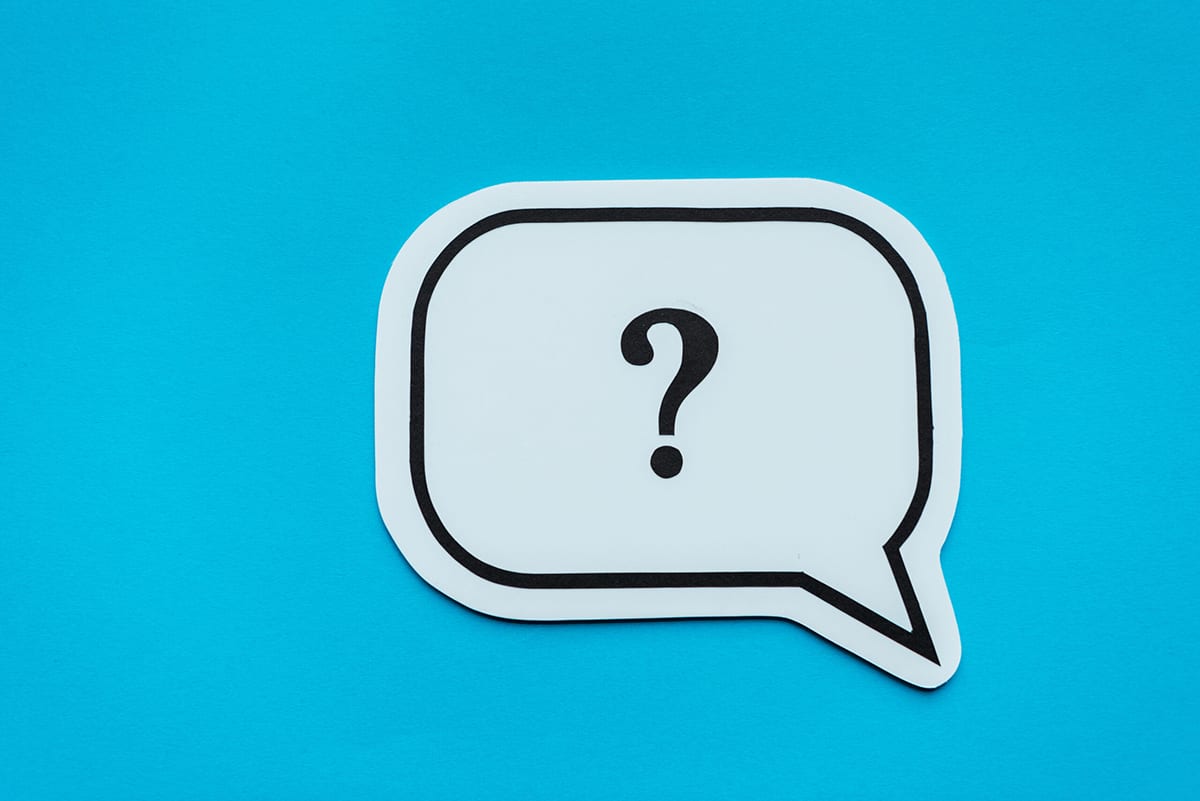What does "triggered" actually mean?
Benno Maggi explains in his column "What does... actually mean?" terms from the field of marketing and communication. This time he explains the term "triggered".
What did this word trigger in them when they read it? Or in new German, what did it trigger? If something bad, then I'm sorry. For me, it usually triggers anger when I hear or read it. The term is currently used very inflationary and unfortunately often wrong. At the moment, everything triggers something in everyone. No matter if gender star, climate surcharge or ChatGPT. It seems as if we are all traumatized, so much you hear the word or read it in the social media. Can't we just get excited anymore?
In the psychological context, a trigger is a so-called cue stimulus. It triggers an unprocessed trauma and floods us with feelings that we had at the time we were traumatized. And that can be very unpleasant for those affected.
The word was used mainly in psychology before its rapid spread. And that's where it belongs. It comes from English and means trigger. Yes, that's right, the little lever on a pistol or revolver that causes the cartridge to fizz out of the barrel with a shot. Bang! That would be the second interpretation. "Pull the trigger." - Pull the trigger. Finish it.
In the social media, after all, it often pops up and therefore it is not surprising that the term outside the treatment rooms of psychologists and psychoanalysts appeared there first. As so-called trigger warnings, with which at best traumatizing content was provided. The often thoughtless content and comments on the rather anonymous platforms seemed to awaken the need for more empathy and more considerate behavior.
Caution, trigger alarm!
It was well-intentioned when these first appeared before posts. Such hints can protect us by giving us the choice whether we want to see what is coming now or not. But even here, the inflationary use of trigger warnings is counterproductive. They are automatically clicked away or make us even more curious. And in the most harmless case, you get angry about the crap you just consumed; in the worst case, traumatic events are reactivated.
But what is traumatic today? The next reorganization, the missing briefing of the client, the new hip cosmetic product that is no longer available online, the terrible campaign of the competitor agency? OMG. Is it all that bad? Seems so to anyone who consumes social media or even classic media and their comment columns.
Whereas letters to the editor used to be linguistically sophisticated, today comments are often just verbal shootings. "Pull the trigger." - Pull the trigger. Finish her/him off. In the end, a lot of noise and many victims who are then traumatized in the worst case.
But at least mental health has managed to get out of the taboo zone and into the public eye in recent years, and we can finally talk about mental health problems, traumas and illnesses as if they were the flu, a pulled muscle or a broken leg. But that doesn't mean we have to communicate with each other in psychologist speak all the time.
* Benno Maggi is co-founder and CEO of Partner & Partner. He has been eavesdropping on the industry for over 30 years, discovering words and terms for us that can either be used for small talk, pomposity, excitement, playing Scrabble, or just because.








